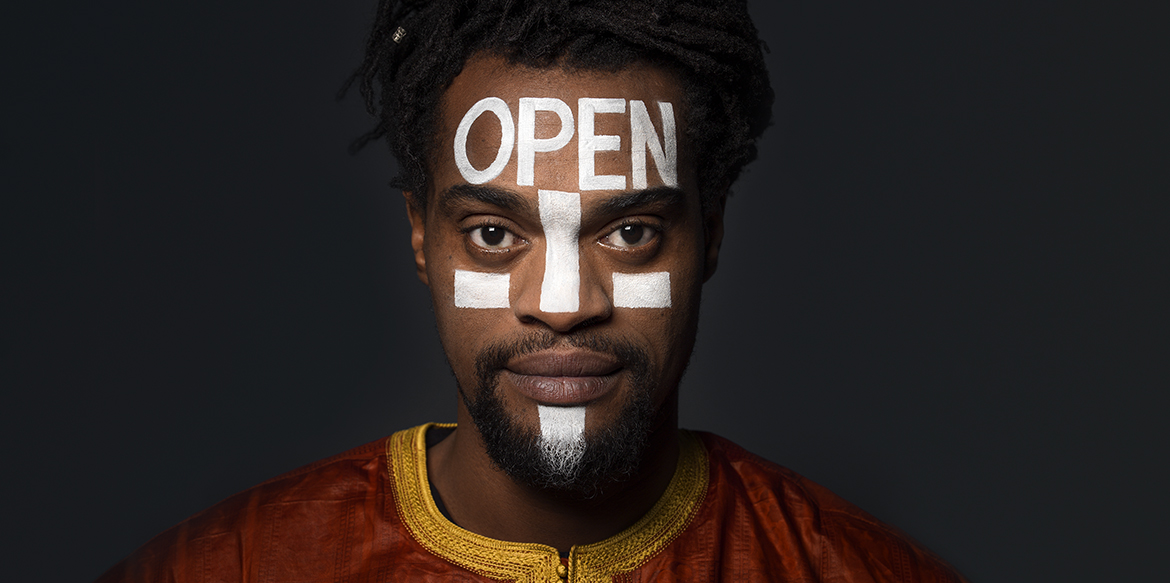What does the future look like when we apply open contracting to your sector?
What does the future look like when we apply open contracting to your sector? Hivos’ Open Up Contracting program asked this question to people from different backgrounds. Despite working in different fields and different regions, they agreed on one thing: People have the power to influence the public contracting process.
‘Transparency is a difficult first step towards better public services,’ says Frei Sangil (Layertech). ‘When you want to solve a problem, you first need to know that the problem exists.’ ‘Creating systems that are transparent by design, allows people to receive the information they need to participate.’
‘When you are informed, you can make better decisions,’ Estefanía Rada agrees (Gastronomic Integration Movement in Bolivia). ‘Having information, for example, which companies were contracted to provide something like school meals, is necessary to make better decisions as a consumer.’
‘But more in needed,’ says Elisa Peter (Publish What You Pay), ‘to turn transparency into accountability.’ ‘We’re talking about social change here, about social contracts that citizens have with their governments. Those citizens should be able to use the information they have to hold their governments and companies to account. The journey of citizens to claim their rights is not a straightforward one.’
‘Part of this journey is coalition building,’ say Enrique Naveda (Plaza Pública). ‘These coalitions can include every organization and every person defending democracy and democratic principles. Applying open contracting principles along the way is part of this. It’s an opportunity for journalists like myself to investigate how businessmen are linked to the government, or how congressmen are linked to businesses.’
‘Those businesses have a role to play,’ says Robin Hodess (The B Team). ‘They’re creating value in societies by employing people, by treating employees well, by benefiting from the infrastructure that exists inside the country. For those reasons it’s really important that the way they benefit from public contracts is open and fair. But it’s going to take the efforts of both business and governments to get there. ‘
A local government in Kenya is taking the first steps to do just that. Redempta Kavindu (Makueni County, Kenya) explains. ‘We have 3678 villages in the county, so we reach out to the people in every village. They are involved in different aspects of governance, from planning to tendering to the implementation. People are our biggest resource, so logically, for us, it’s people first.’
Together, the participants described approach of Hivos’ Open Up Contracting program. When it is possible for people to participate in opening up data, information and processes, it is possible to make public procurement and spending more efficient, transparent and accountable. When you put people first, their power is unlimited.
This article was written with input from interviews with participants at the OGP Summit that took place 30-31 May in Ottawa, Canada.





